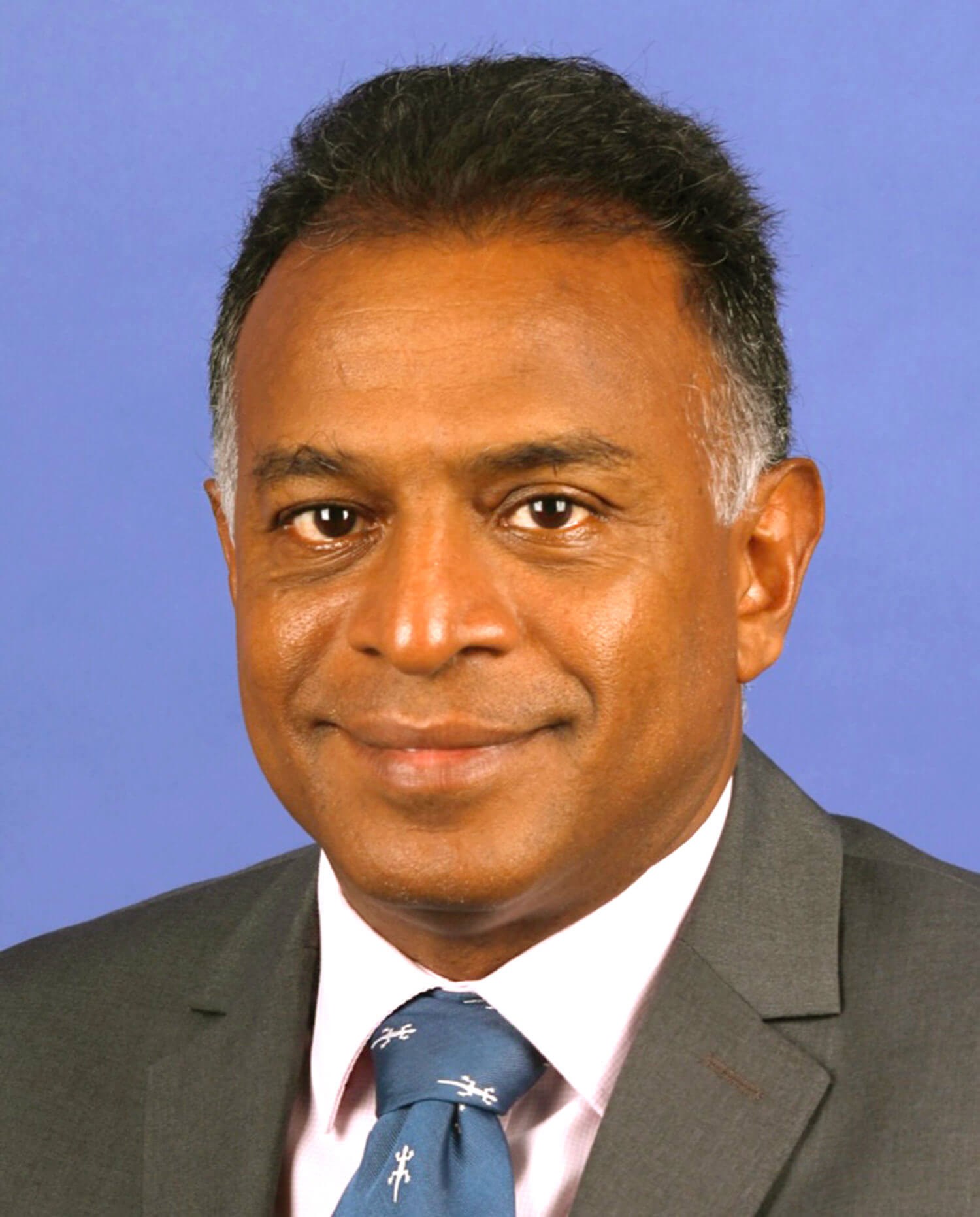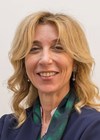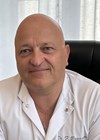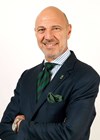
We were delighted to catch up with Maniram Ragbir about his career highlights and his current role as BAPRAS President.

Can you tell us a little bit about what led you into the field of plastic surgery and what have been the highlights so far?
I only went into medicine as a result of a scholarship to do so, otherwise it was not something that I could have afforded. I specialised in surgery because it was the field that I enjoyed the most because of the technical challenges and visible results. I further pursued plastic surgery because there was a need for this in Trinidad, the country of my birth, and the Caribbean as a whole, as that was where I wanted to make a contribution.
The highlights of my career so far were firstly, being appointed to the role of SAC chair, as I am passionate about teaching and training, and of course being given the honour of becoming the President of BAPRAS.
Who has inspired you in your career and why?
I have had many people who inspired me along the way and unfortunately cannot name them all. However, in my earlier years as a medical student and junior doctor, my career path was most influenced by Professor Vijay Naraynsingh in Trinidad because of his surgical skill, passion for teaching and academia, and attitude to hard work.
In the United Kingdom, most of my training and work has been in Newcastle. The greatest influences in my plastic surgery career have been Peter Hodgkinson, Richard Milner and Neil McLean, all of whom have invested a significant amount of time towards my development as a surgeon and a person. I shall forever be grateful for their contribution towards my development.
What has been the best piece of advice that you have received in your career and what advice would you offer to those following in your footsteps?
The main quality that anyone needs to be a good doctor or plastic surgeon is ‘caring’. If one cares enough for the public (patients), family, colleagues and their profession then they will always find a way to do the right thing for everyone. The one advice I would offer to anyone other than caring is hard work. There is really no substitute for it and there are no short cuts to being good.
What one paper or book would you recommend every plastic surgeon should read?
This is a difficult question, as plastic surgery is the broadest surgical specialty encompassing a range of congenital, traumatic, oncological and aesthetic problems. There is no one paper that suits everyone and any comprehensive plastic surgery book will not entirely be of interest to anyone. However, if anyone is looking for reading advice from me then I would highly recommend the latest edition of The Multi-cultural Cuisine of Trinidad and Tobago and the Caribbean, The Naparima Girls High School Cookbook. This I believe would be to the taste of all!
What do you think have been the most exciting developments in plastic surgery in recent years?
Plastic and reconstructive surgery is a very innovative specialty, and the pace of development is staggering. Enhanced recovery after surgery (ERAS) which allows patients to recover quickly and get home faster is exciting. Stem cell research involving the growing of new body parts will be a game changer. For me personally, 3D imaging and printing has improved the quality of reconstructions that I perform. This coupled with advancing technology in microscopes, instruments and sutures have really improved my practice. I also cannot wait for augmented reality assisted surgery (ARAS) to become more mainstream.
Do you think more needs to be done to make all surgical specialties in the UK more diverse and inclusive?
I have been involved in the field of plastic surgery for 29 years now. During time I have seen a change in personnel within our specialty, as well as other surgical specialties that are more reflective of society. I believe that a diverse team from different backgrounds will make better collective decisions in the interest of patient care. I appreciate that many feel that the pace of change with regards to diversity and inclusivity can be faster and all surgical organisations including BAPRAS are working towards this.
You are of course the current President of BAPRAS – how has been your experience of the role?
BAPRAS is a charity with the main goal being education. I am passionate about plastic and reconstructive surgery and teaching. My beliefs therefore align with that of the association and from that point of view being President is enjoyable. I am also grateful to have been chosen for this position and would like to reward the members with total commitment to the post.
Obviously, there are difficult decisions to be made but I feel confident in always trying to do the right thing. I have a great respect for the members of council and have no reservations in asking their advice on decisions that are not clear cut. I particularly enjoy the collaboration with other surgical specialties and internationally. This is part of the reason for our 2023 congress being themed as interface, to show the joint work that plastic surgeons do in conjunction with other specialists.
Would you encourage trainee plastic surgeons to get involved in the association?
I would encourage all Plastic Surgeons to be involved in the association, including consultant colleagues, trainees and also medical students. Trainees are the future of any specialty in medicine, and it is important for them to be involved early on. Integral involvement will not only equip them to deal with individual patients but the wider world of the NHS which is important for advancement of the specialty.
BAPRAS are holding their annual congress in Newcastle at the end of November. Can you tell us about the themes and potential highlights of the event?
Plastic, reconstructive and aesthetic surgery encompasses a wide range of subspecialties including treating congenital anomalies such as cleft lip and palate. The specialty is involved in the management of trauma such as burns, and to the upper and lower limbs. It is also involved in a range of cancers such as to the skin, head and neck, breast and sarcomas. Plastic surgeons are also involved in aesthetic surgery. To accomplish the best for our patients we work in multidisciplinary teams more than any other surgical specialty.
The congress in Newcastle will highlight the great work across the breadth of the specialty and the collaboration with other specialties (hence ‘interface’). From a personal point of view I am hoping that we will also showcase the hospitality of the North East of England.
And finally, if you have any spare time, how do you like to relax?
I was brought up in a close-knit family which I value and am forever grateful for the support of my wife and kids in what has turned out to be an amazing life so far. I therefore try to spend as much time with them as a hectic schedule allows.
I also love sport and played a lot of cricket until fairly recently. As my cricket career has declined, I have found golf and would play a round whenever I am allowed. This affords me the time and opportunity to reflect on things before making decisions.








